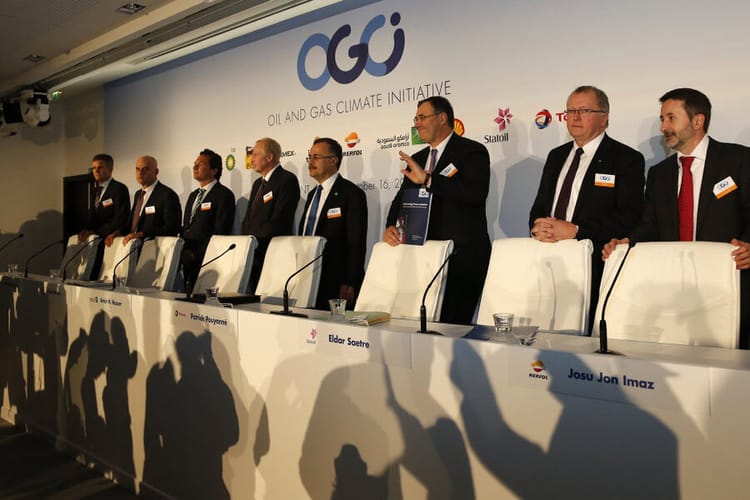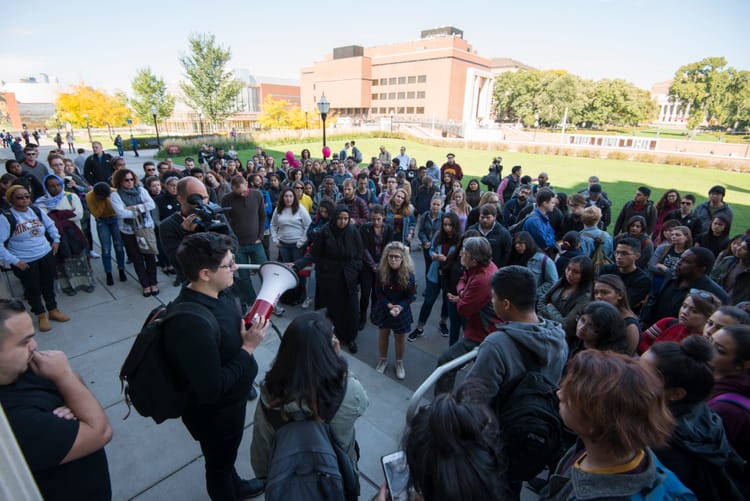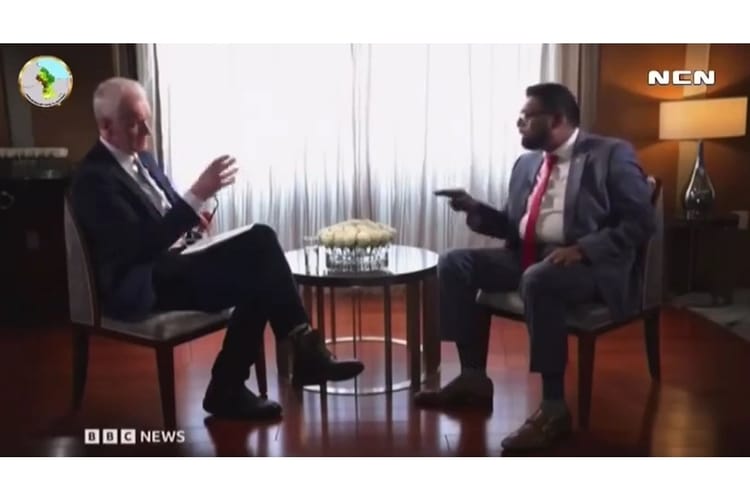Overconsumption Is an Easy Problem to Fix: That's Why Talking About It Is a Threat

Recently I spoke with researcher Jennifer Jacquet, professor at University of Miami and author of The Playbook: How to Deny Science, Sell Lies, and Make a Killing in the Corporate World, about a key difference between how the fossil fuel industry, tobacco industry, and animal agriculture industry have approached the question of individual behavior and consumer choice. Here's roughly how each industry approaches it:
- The fossil fuel industry leans heavily on the idea that individual behavior is the key to addressing the climate crisis, often positioning itself as simply supplying a demand. For Big Oil, consumer choice is what lets them off the hook for fueling the climate crisis.
- The tobacco industry emphasized the need for consumers to have the freedom of choice when it came to their product, then turned around and blamed consumers for being greedy little addicts, taking no responsibility for encouraging that addiction. Big Tobacco managed to play both sides of the coin masterfully.
- The animal ag industry, on the other hand, hates anything about consumer choice. When environmentalists went from a goal of getting more people to go vegetarian to one of making more meals vegetarian, the animal ag folks panicked. “It seemed more attainable, because if there’s one truth about food and people it’s that we’re incredibly flexible about our diet," Jacquet said. "And that is a threat to the animal ag industry."
In a handful of forthcoming studies, Jacqut posits that its fear of consumer choice is what's been driving the animal ag industry's increased spending on PR over the past two decades. In terms of climate-specific spending, it starts in the U.S. with the response to Beyond Beef in the 1990s, then Europe had its Less Meat Less Heat campaign in the lead-up to the COP in Copenhagen in 2009.
That was the year the industry really began to mount campaigns against ideas like “meatless Mondays,” Jacquet said. For meat and dairy, then, advertising and PR are critical. They must either keep everyone consuming at the same levels, or push a significant segment of the market to overconsume, which Jacquet said is part of why we’ve seen such an emphasis on diet fads and food trends centered around heavy amounts of meat and dairy. “The meat and dairy industries recognized a long time ago the value of food influencers, nutritionists, and wellness influencers,” she said.
That got me thinking about the way consumption is framed in general in climate debates. Many of those in favor of climate action also argue that those of us in the Global North, who are responsible for the lion's share of emissions and also hold the largest percentage of the world's wealth, should ease up a bit on our consumption of everything from energy to clothing to food. It's a fairly mild suggestion, one that aims to shift people from being over-consumers to being just regular consumers. Just like eating slightly less meat every week is a pretty small ask, so is consuming slightly less in general, which is why the suggestion is perceived and framed as a massive threat. The response to it is generally something along the lines of "they want to take your hamburgers!" or as Jordan Peterson likes to say "they want poor people to die starving and cold in the darkness!" When the reality is more like "they want rich people to stop being such pigs!"
Which is why it's so important to think and talk about overconsumption: the fix is simple, available, and relatively painless, yet poses a major threat to the status quo.
This Week's Climate Must-Reads
- UAE’s Flagship Renewables Firm Isn’t The Giant It Claims (Akshat Rathi, for Bloomberg) - Absolutely tremendous reporting from Akshat Rathi at Bloomberg here. Stuff like this can feel like it's really in the weeds, but putting together this one chart requires hours and hours of pulling data on what Masdar has claimed to installed and what it's actually installed all over the world. Understanding what's real and what's hype here is really important as we head into a climate summit presided over by a guy who's been getting unearned praised as a cleantech leader for years. (Akshat is also a great follow for Cop28 news as it gets underway!)
- Revealed: How top PR firm uses ‘trust barometer’ to promote world’s autocrats (Adam Lowenstein, for The Guardian) An excellent, skeptical look at the Edelman "Trust Barometer" an annual marketing exercise that enables the global PR firm to both position itself as the world's arbiter on what is and isn't trustworthy and give autocratic clients like Saudi Arabia and the United Arab Emirates a boost at the same time.
- The False Promise of Carbon Offsets (Jessica F. Green for Foreign Policy) - Now that we've had at least a dozen stories "revealing" that carbon offsets are bullshit, researcher Jessica Green argues in Foreign Policy, shouldn't we pull the plug on this experiment already?
- Ad industry grapples with role selling consumption in climate crisis (Amy Westervelt, for The Guardian) - The other reason consumption has been on my mind!
- The Road to Dubai (Elizabeth Kolbert, for The New Yorker) - The legendary Elizabeth Kolbert on why holding a climate summit in a petrostate is perhaps not the greatest of ideas.





